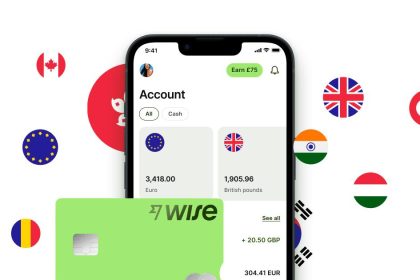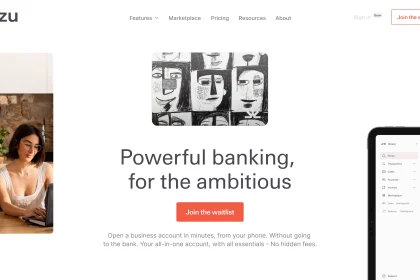Global fintech Revolut has appointed Yacine Faqir, a former Mastercard executive, as Chief Executive Officer for Morocco, signaling a strategic push to anchor its North African expansion with experienced local leadership.
Why it matters
Revolut’s latest move cements its intent to build a strong regulatory and operational foundation in Morocco, a key market for fintech growth in the region. It also aligns with the company’s broader goal of localising leadership across emerging markets.
The big picture
Faqir’s appointment follows that of Amine Berrada, a former Uber director, as Head of Operations for Morocco, suggesting a phased market-entry strategy — first building internal capacity, then securing regulatory credibility.
In October, Revolut’s board met with Bank Al-Maghrib, Morocco’s central bank, to present its roadmap. The company aims to start as a payment operator and secure a full banking licence within two years.
A locally grounded leader
Faqir, a Moroccan national, brings deep expertise in payments, credit infrastructure, and risk management.
- At Mastercard, he served as Vice President of Products and Solutions for North and Francophone Africa, steering initiatives across consumer cards, SME products, tokenisation, and digital payments.
- Earlier, he helped launch Dun & Bradstreet’s credit bureau operations in Morocco and has advised the World Bank and fintech startups on credit and regulatory frameworks.
His mandate at Revolut includes leading licensing efforts, building a local team, and adapting the company’s global suite of digital banking services to fit Moroccan regulatory and consumer realities.
The Africa play
Faqir’s appointment mirrors Revolut’s measured African rollout, which began with its South Africa launch earlier this year under Jacques Meyer. That market has served as a testing ground for regulatory navigation, local bank partnerships, and multi-currency payment solutions.
By establishing footholds in Morocco and South Africa, Revolut is building a north–south axis for African expansion — Morocco as a gateway to North Africa and MENA, and South Africa as a launchpad for sub-Saharan markets.
Source: Finance in Africa










